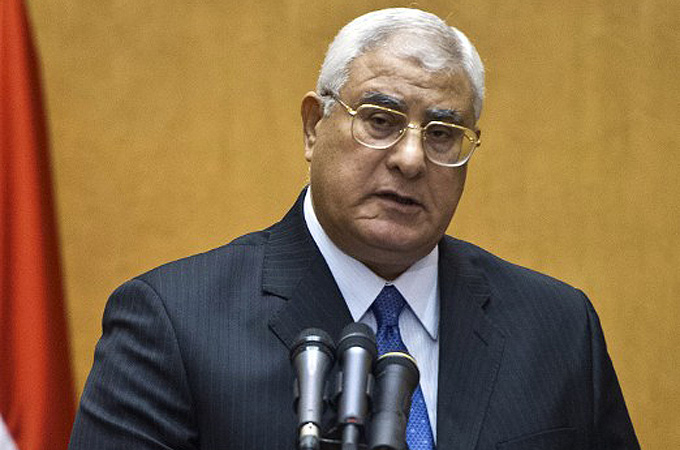By Ben Kopp
Impunity Watch Reporter, Europe
KIEV, Ukraine – In response to public outrage over the alleged rape of a woman by two policemen, Ukrainian President Viktor Yanukovych promised that people in privileged positions will not escape justice.

On 26 June 2013, two police officers allegedly raped Irina Krashova on her way home. The 29-year-old mother received a fractured skull, cuts and bruises. Krashova provided a clear statement that identified her attackers. However, the first arrest took place four days later, and an accused officer remained free for much longer after claiming he was on duty.
“This is not true,” Krashova said. “I know 100 percent that he was there. Because he was the first to rape me; he beat me and called me all kinds of names.”
On 1 July, a police officer was released from pretrial detention. In response, 1000 protestors stormed a police station with Molotov cocktails. Police fought the protesters with tear gas and rubber bullets.
Locals allege that, to produce better statistics, the initial investigators beat confessions out of innocent people.
Ukrainians are deeply frustrated with official corruption and a sense that the police and state officials sit above the law. Last year, a teenage girl was raped and set on fire in Krashova’s region. Protests were sparked after Ukrainians learned that two released suspects were the children of former government officials.
Many Ukrainians still believe the ruling elite dictates what constitutes justice. At the hospital where Krashova was treated, senior medical officials pressured professionals to falsify her medical records, downplay her injuries, and question her lifestyle. Public outrage intensified upon allegations that senior police officials also attempted to hide key evidence.
Since the protest, three suspects have been arrested, including two police officers.
“I will not tolerate impunity, especially when it comes to those who should protect people and not violate any laws,” President Yanukovych announced. “Those who are guilty have no place in law enforcement. They should be punished with all the rigour of the law.”
By 4 July, Yanukovych appointed Olena Lukash as the new justice minister. Lukash replaces Oleksandr Lavrynovych, who was recently elected as a member of the Supreme Council of Justice of Ukraine.
Ukrainian Interior Minister Vitaly Zakharchenko fired a public prosecutor and two senior regional police officers. However, he offered no apology to the victim’s family.
Investigators believe Krashova’s case could assist several unsolved crimes in the Vradiyevka district. Thus far, investigators have arrested the deputy head of the regional police in connection with the Krashova case as well as four other murders over the past three years, including the murder of a 15-year-old girl.
While protests for Krashova initiated a stronger investigation, one wonders how long President Yanukovych’s promise will last, or if instead the promise will both last and spread to other regions of the country.
For further information, please see:
Scotsman – Rape Claims against Ukranian Police Lead to Riots – 5 July 2013
RadioFreeEurope RadioLiberty – Ukrainian President Appoints New Justice Minister – 4 July 2013
Euro News – Ukraine: Two Police Officers Named as Suspects in Rape Case – 3 July 2013
InSerbia News – Ukraine: Policeman Accused of Raping 29-year-old Woman Staying in Jail – 3 July 2013
RadioFreeEurope RadioLiberty – Ukrainian Policeman Suspected in High-Profile Rape Case Arrested – 3 July 2013
RT News – ‘I wanted to die’: Police Gang Rape Case Ignites Ukraine – 3 July 2013
RadioFreeEurope RadioLiberty — Ukrainian Protesters Demand Justice for Rape Victim – 2 July 2013


